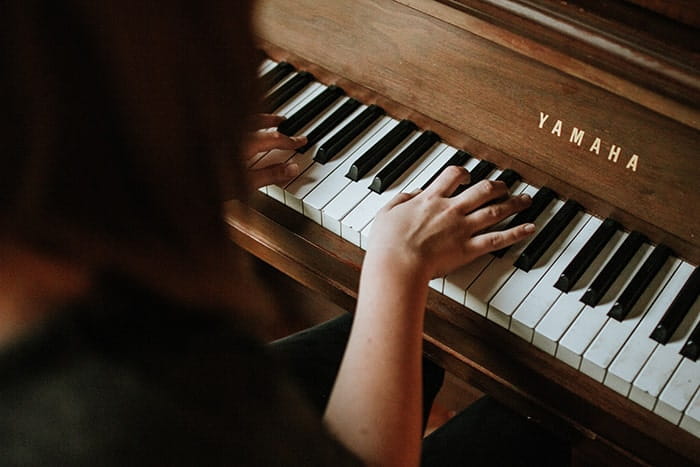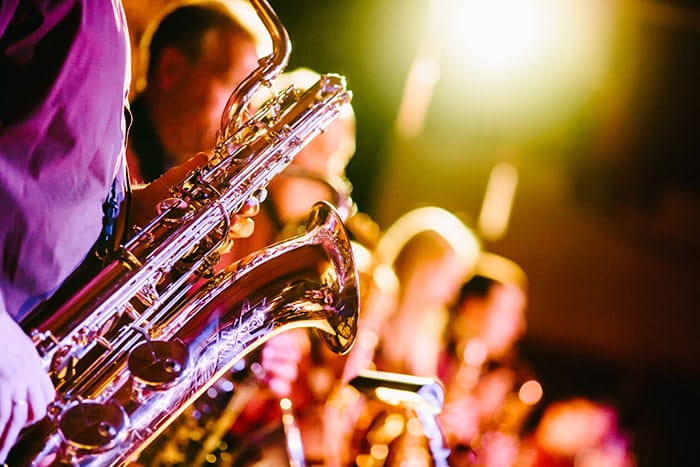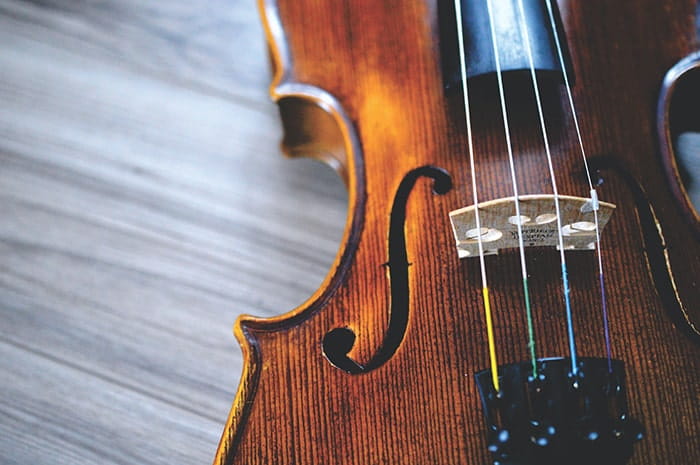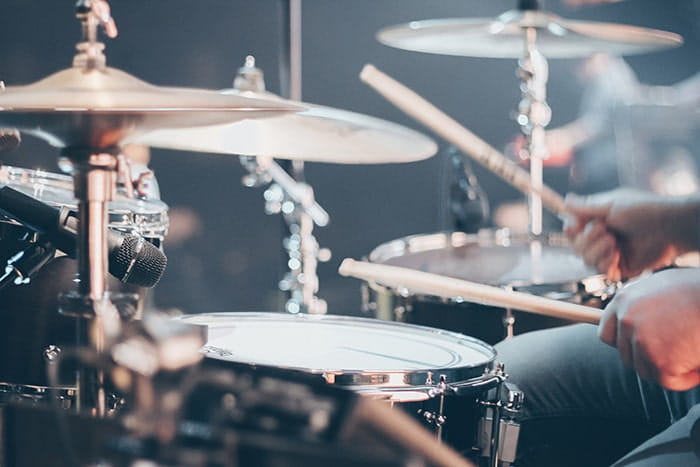Which is the best instrument for a beginner to start with?
It’s never too late to learn to play a musical instrument, or to take up a second if you already play one. But which one should you choose? If one of your New Year’s resolutions is to start learning a new instrument, then we’ll take a look at the various types of instruments available and examine the pro’s and cons of each.
Keyboards and pianos
Pianos, electronic keyboards and electric organs all have black and white keys. Pressing each key produces a slightly different note to the previous one, and each keyboard has at least three or four octaves, or sets of notes running from A to G.
The pro's
Making music with a keyboard is a simple matter of pressing the keys in the right order. Learning sequences of notes for a whole piece can be tricky, so try to learn to read music, but even there you can cheat a little. Some beginner keyboards come with the name of the note inscribed onto the keyboard, so you can easily find middle C – it is usually underlined or circled and is more or less central on the keyboard – and get started. These keyboards even come with the letters next to the correct musical notation, so you can begin to learn to read music even as you have fun picking out the tunes.
The cons
Pianos are huge - a piece of furniture in their own right, few people have room for a full-size piano in their homes. Even schools are dispensing with their pianos as space is reduced, fewer teachers know how to play, and technology provides an easy and space-saving fix. Keyboards too can be bulky – and those that aren’t tend to be too small to produce a good sound – so they are perhaps best for those who can learn at home, or who have a big enough car to fit their keyboard (with or without the stand) into it comfortably.

Pianos and keyboards are a very common choice for a beginner / Image: Jordan Whitfield, Unsplash
Woodwind instruments
Wind instruments are quite common. This is because they tend to be economically priced, they are very readily portable and they are fairly easy to learn to play. Usually worked by stopping the flow of air through one or more of the holes in the tube of the instrument, it is powered entirely by the player’s breath. There is a sliding scale of difficulty in wind instruments, with recorders at one end and oboes at the other, perhaps the most difficult of all the wind instruments.
Perhaps, if you are skilled with other instruments and want to challenge yourself, an oboe is the instrument for you? Learning to play wind instruments requires the player to learn the notes by reading the music, and then aligning their fingers in the right configuration to create the desired airflow for those notes. Sometimes the player will have to move their fingers quickly, so this skill is excellent for building up hand-eye coordination and small muscle control.
The pro's
Woodwind instruments, even the larger ones, tend to be slim and lightweight, fairly easy to transport to and from lessons or to and from performances. They are usually reasonably priced for musical instruments, so it is easy enough to buy one, or even replace it should it get broken or damaged.
The cons
The sound of woodwind played badly can be quite shrill and wearing to the nerves of others in the house, which can mean that practising too much is forbidden! Because woodwind instruments are operated by mouth, they can be prone to picking up saliva and bacteria from the mouth. The instruments must be kept scrupulously clean to ensure that they do not harbour growths of yeast, bacteria and even mould: all of which can make a player ill.

Woodwind instruments can be fairly cheap / Image: Jens Thekkevettil, Unsplash.
Stringed instruments
From guitars to violins and everything in between, stringed instruments are complex, carefully engineered instruments. Often made by hand, high-quality stringed instruments are delicate and each has a subtly different tone. This is why some violins, for example, can be valued at millions of pounds. Electric guitars are tougher, and can handle some rough treatment by rockers, but they still require careful tuning to get the best sound from them. Learning to play stringed instruments varies from instrument to instrument, but most use both hands simultaneously for different tasks, which can be a challenge to the coordination! Mastering a stringed instrument is something to be very proud of.
The pro's
Stringed instruments are well-known and are readily available when you are looking for somewhere to begin. Once mastered, it is a skill that can be put onto a CV, especially if you are looking to work in music.
The cons
Stringed instruments are invariably expensive and delicate. They are also quite hard to learn – just holding the instrument properly is not as easy as it sounds!

Being able to play string instruments such as the violin is a useful skill to have / Image: Providence Doucet, Unsplash
Percussion
Percussion instruments take a number of forms, from the most primitive – whacking two sticks together or banging on a hollow space to make a sound – to the most sophisticated drum set. You can even get electronic drums which are physically small but make a very big sound indeed.

Is there a more fun instrument than the drums? / Image: Josh Sorenson, Unsplash.
The pro's
Drumming is fun. It is one of the instruments that most people understand easily early on, and getting drumming right is a great way to boost your mood and that of those all around you.
The cons
However, playing the drums properly is not just a matter of bashing away with drumsticks. Often all four limbs are involved, each following a different beat or counterpoint, so the whole piece requires intense concentration and a good level of physical fitness. Plus, of course, you have to deal with those few people who dismiss your talents with, ‘Oh, drums? I could play the drums if I wanted to…’ or similar remarks!
If you feel drawn to a particular instrument, that is the one that you should choose to learn: aim to challenge yourself without forgetting to have fun as you progress through your lessons.



